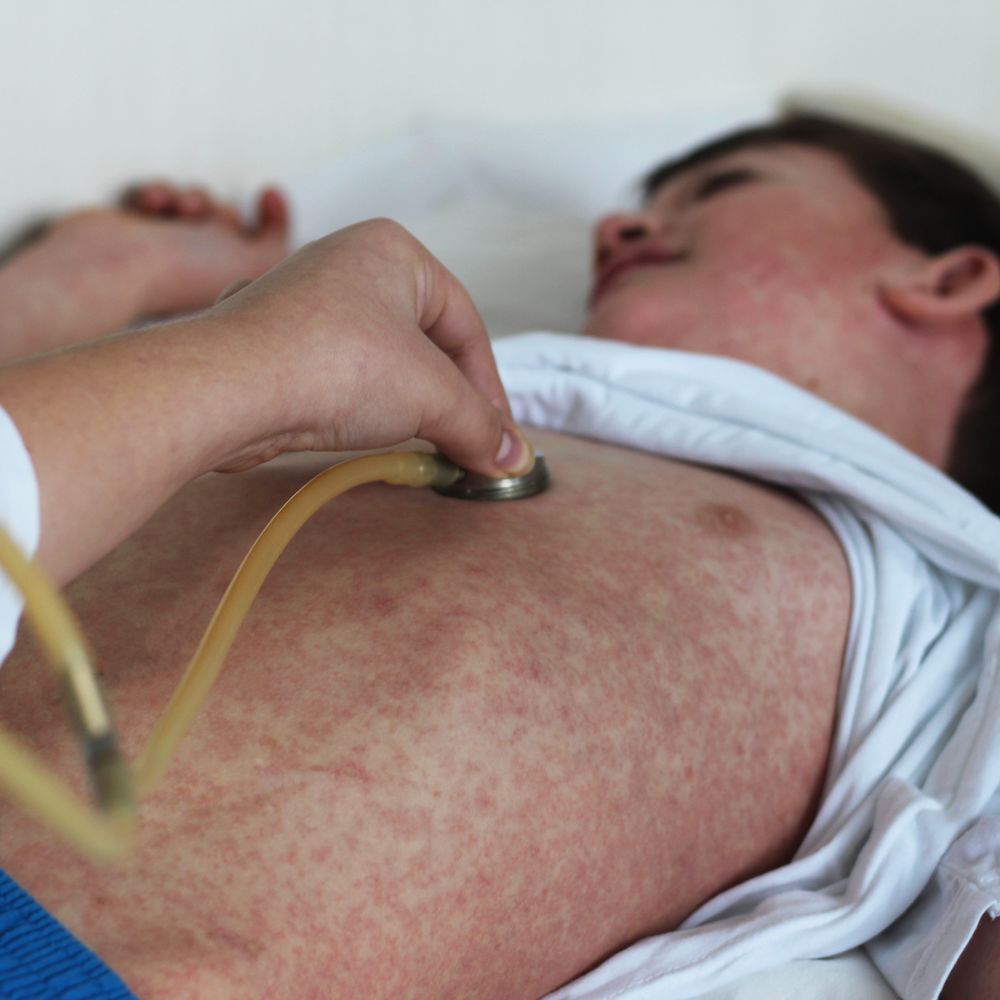Excessive heat intolerance can be more than a subjective hypersensitivity. In fact, we must be careful because it could represent an alarm bell (possibly together with other symptoms) for thyroid problems.
The disease in Italy affects about 10% of the population and in particular concerns women. According to the contribution of an endocrinologist collected by a well-known newspaper, that deals with health, during the intense heat those with thyroid problems (and maybe they don’t know it) suffer more.
Motivation
The explanation is quite straightforward as thyroid hormones are involved in the thermoregulation mechanism.
If this mechanism is haywire, we suffer particularly. Therefore, if we really do not find respite, we must observe the presence of others and any symptoms to understand if it can be problems related to the thyroid.
We pay attention because if we show a strong intolerance to the heat we can hide this pathology
Those who suffer from thyroid disorders, and in particular from hyperthyroidism, produce many thyroid hormones that alter the body temperature that rises and manifests itself with sweating and red colour.
Obviously, it is better to avoid testing the reaction of our body in the days of African heat in which everyone is experiencing difficulties that we can better manage by following these useful tips.
Other symptoms
First of all, in this period we pay attention because if we show a strong intolerance to the heat we can hide this pathology.
But there are also other symptoms to consider such as sudden weight loss, rapid heartbeat, insomnia and diarrhoea. And again: restlessness and tremors.
How to understand it
First of all, in the beginning, it is good to talk and show everything to your doctor. Normally a first precise diagnosis is inferred from specific blood tests and subsequently from an ultrasound of the thyroid gland.
The most common diagnoses are those of hyperthyroidism and hypothyroidism which are normally well managed with drug therapy and periodic checks at specialized medical centres or professionals.




